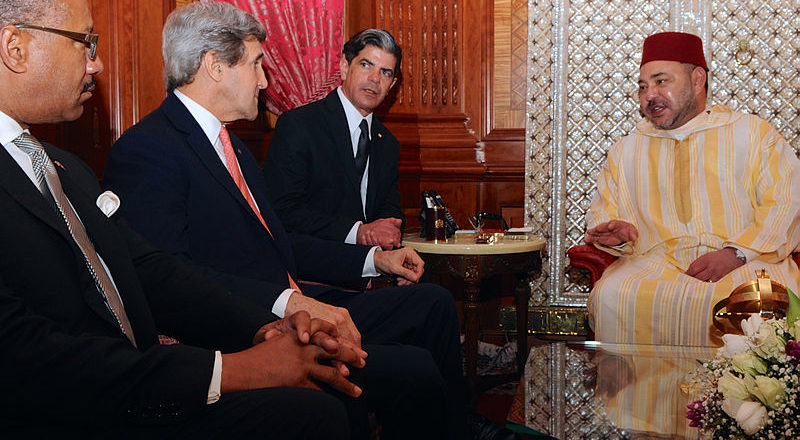A nation must think before it acts.
In a world of ongoing genocide, mass summary executions and unspeakable torture, the accusations against the kingdom of Morocco in a U.S. State Department human rights report last week were not earth-shattering. They include charges of arbitrary arrest and detention, denial of due process and curtailment of free expression. The charges are serious, nonetheless — and according to the Moroccan government, include demonstrably false claims. The Moroccan Interior Ministry has denounced the report as containing “pure and simple invention” from sources “unreliable” and “politically hostile.” Additionally, in a highly unusual move last week, senior officials in Rabat summoned U.S. Ambassador Dwight Bush and confronted him with evidence refuting the report’s content.
As American and Moroccan nationals, respectively, who share a deep commitment to the alliance between our two nations, we have been watching this diplomatic row with great angst. Morocco, the first nation to recognize the independence of the United States, has served proudly for decades as a vigorous partner in America’s efforts to fight terrorism and promote security in Africa and the Middle East. It is also an economic partner: Twelve years ago, Morocco became the first Arab country to sign a free-trade agreement with the U.S. But most importantly, perhaps, Morocco has over the past 17 years been an American partner in human development, looking to the United States for inspiration in the reform of its own political and civic institutions. This recent history helps explain why last week’s human rights report ignited a firestorm of controversy in Morocco — and yet may also hold the key to resolving the tensions.
In 1999, King Mohammed VI took the throne after his father’s death, and pledged to renew the monarchy on the basis of steady political and social reforms toward inclusive governance, egalitarianism and the rule of law. He initiated an equity and reconciliation commission to both acknowledge the prior suffering of elements of the Moroccan population at the hands of the security services and begin to compensate the families for their losses. This dramatic measure — still the only initiative of its kind in the Arab world — won acknowledgment from Amnesty International and other rights groups as an important step forward. The king has worked through the country’s Islamic institutions and civil society to improve the human, civil and political rights of women. And even as the Moroccan security sector took hardnosed measures against jihadists in the kingdom, the monarchy has also taken pains to address what it sees as the roots of radicalism — including poverty, marginalization and ideological indoctrination — through anti-corruption measures, economic development and Islamic education reform.
Continue reading, “US-Morocco alliance is as strong as the values on which it stands”



